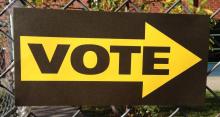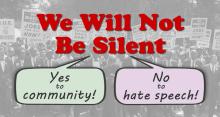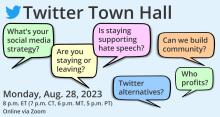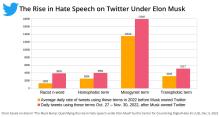
Photo by Liz Falconer / Unsplash License

Photo by Liz Falconer / Unsplash License
This section of the website contains essays, book reviews, and links to material that discusses the ‘science’ of racism as it relates specifically to structures of American society.
The pages encourage discussion that is helpful in understanding how structures like the laws, regulations, court decisions, and the Constitution support and preserve American racism.

Voting is an important right and privilege in the United States of America. Although voting is not mandatory, I believe there is a moral obligation to participate in elections at all levels of government, from local to national.

A joint resolution to change the name of a National Park Service site in Arlington, Virginia, was presented to Congress on June 21, 2023. Sponsored by Rep. Donald S. Beyer Jr. (D-VA) and Sen. Tim Kaine (D-VA), the legislation seeks to redesignate “Arlington House, The Robert E. Lee Memorial” to “Arlington House National Historic Site.”

Dr. Martin Luther King Jr. delivered the "I Have a Dream" speech on August 28, 1963 calling for equality and justice for all.
Ending Racism USA held a virtual town hall on August 28, 2023, the 60th anniversary of King's speech, discussing the use of social media as a tool for continuing the dream.

Ending Racism USA announced our decision to quit Twitter, now called X, as an act to resist its inappropriate use of social media which includes allowing and profiting from hate speech and using our data for free.
Our Twitter Town Hall discussed why it is important to heighten our awareness of the benefits and the challenges that may arise as society increases its use of various social media platforms.
Videos and resources are shared on this page.

Ending Racism USA has stopped using Twitter. We decided that the prevalence of hate speech, the promotion of racism and other prejudices, and a business model that manipulates user experience to maximize profits makes Twitter antithetical to an organization that is working to end racism.

Paulo Freire, Tom Boomershine and Marshall McLuhan all explore the connection between communication technology and the structures of society.
Ken Bedell reviews this history, applies it to social media, and asks: "How can a new technology open possibilities for expressing multicultural values and developing a nation without racism?"

History reminds us that many of our movements were led by young people. Their leadership is needed in the present and future as well. Who are the young people in your circle? Let’s invite them to become thought partners and build new relationships with us as we continue to find ways to overcome racism.